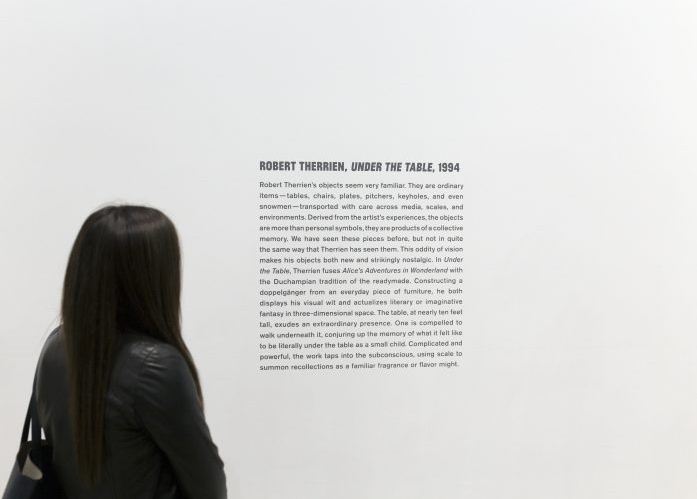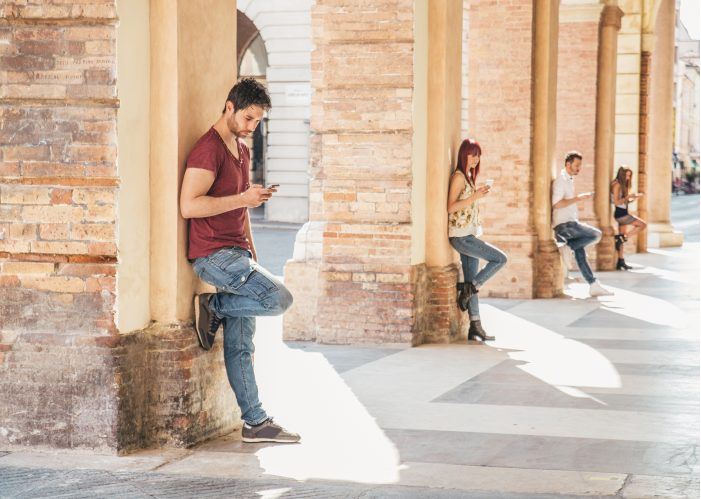Art, science, puppetry, medical oddities—there’s a museum for every interest. And while each may showcase a different passion, all are united by some basic rules of conduct.
Some of these rules are posted—don’t touch the art, for example—but just as many are unspoken codes that help a visitor make the most of a visit while not diminishing the experience for others.
- 10 travel etiquette tips you should know when visiting Shinto shrines in Japan
- Singapore rules for visitors — 9 things to know when traveling to Singapore
- 8 easy tips on how to become a good traveler
- 8 travel photo etiquette tips for snapping on the street
- Guide for Buying and Using the Kobe Travel Smart Passport
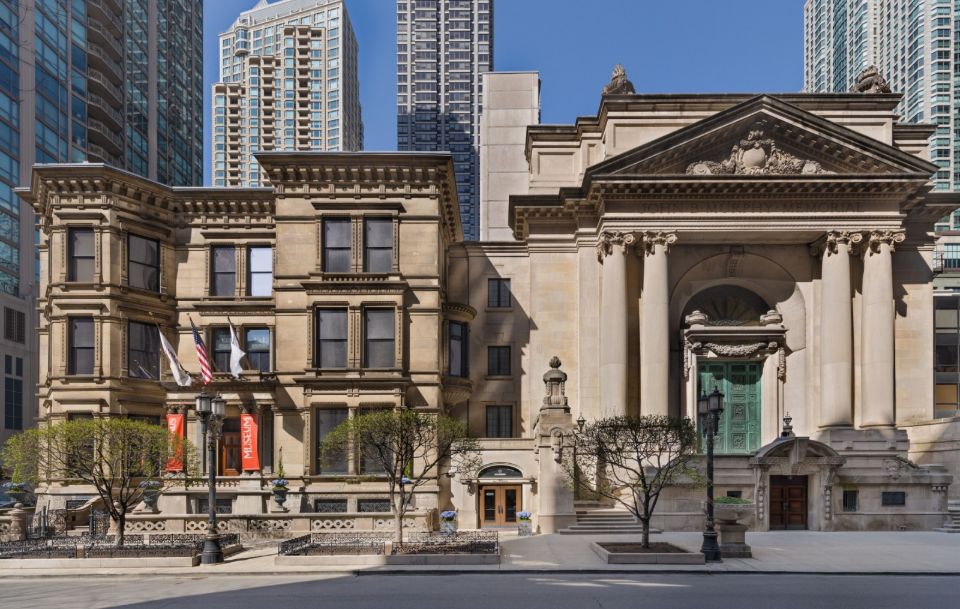
Here’s what not to do if you want to win at visiting any kind of museum. You can reward yourself with a trip to the gift shop.
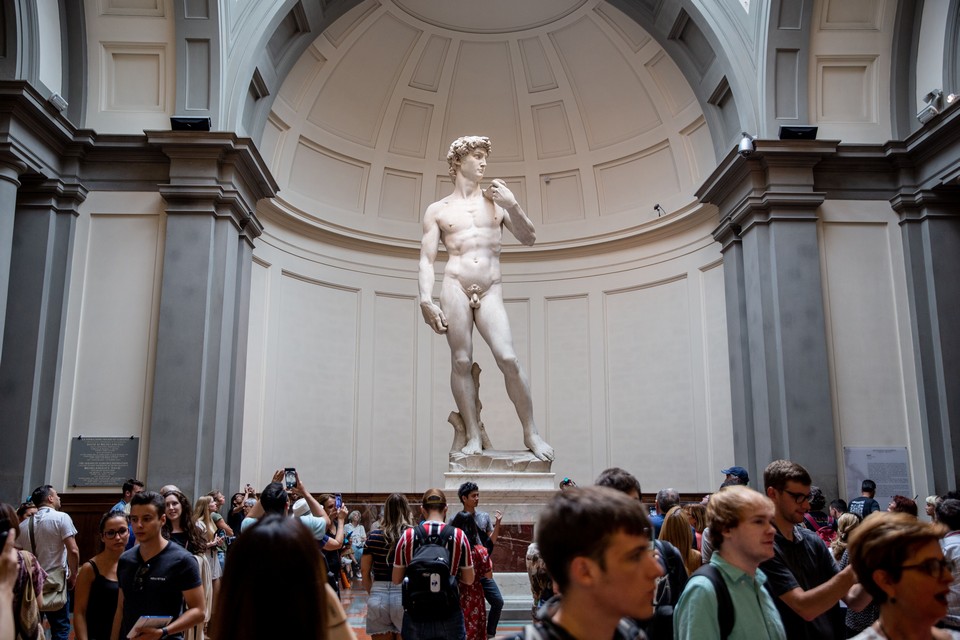

Bring Your Travel Bag

There are plenty of reasons a traveler would be bound to their baggage for an afternoon (or longer). Maybe you’ve already checked out of your lodging, maybe those airport lockers you were depending on no longer exist—but there’s no reason you should head to a museum with a hefty suitcase in tow. At best, it’s rude and at worst, it will be the reason a museum guard won’t let you through the doors.
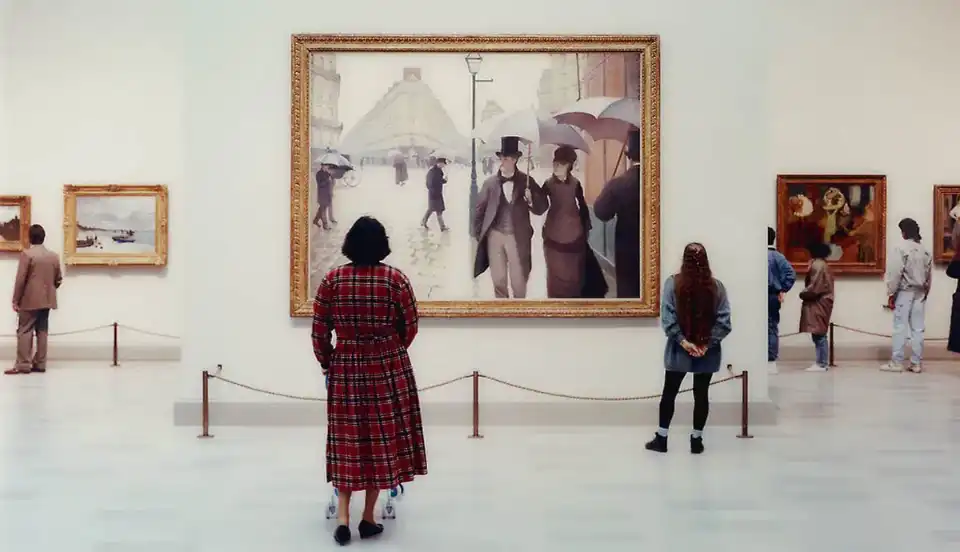
The museum might provide lockers equipped to handle a shoulder bag or even a backpack, but the staff can and should turn you away if you try to take a huge travel bag in. Aside from taking up too much space, large bags and rolling suitcases can damage floors, knock over precious artifacts, and disturb other visitors. No one wants to hear suitcase wheels barreling across the gallery as they try their best to ponder the meaning of a giant monochrome cube.


Most hotels will hold onto your luggage for the day, even if you’ve already checked out. If you don’t have that option because you opted for Airbnb, try any nearby hotel or hostel—sometimes a small tip and asking politely is all it takes.
Climb On or Touch Anything
Museums are not playgrounds, and despite my hope that everyone above the age of seven already knows this, it’s clear that some people don’t. Multi-million dollar artworks have been climbed on and ruined by selfie-hungry tourists—like the student who smashed an ancient Greek sculpture at a Milan institution in a quest for a picture atop it, or the British parents who saw no problem with their child climbing onto a $10 million Tate Modern installation.
How you feel about an artwork or artifact doesn’t affect its worth and importance to others. You can think it’s awful, but you’d still likely be liable for any damage. Ignorance isn’t always bliss.



There are museums that antsy kids (and adults) can enjoy without climbing the exhibits. Washington DC’s Renwick Gallery always has jaw-dropping decorative exhibitions that visitors can reasonably interact with, for instance there’s giant hand-woven nests you’re welcome to walk into, and a 100-foot woven ceiling sculpture that guests are encouraged to lie beneath and gaze up at from the softly carpeted floor. Just because you can’t touch doesn’t mean you can’t participate.
Skip the Wall Text
Even the stuffiest museums are full of incredible stories and powerful statements that can wow you if you let them. The best way to understand an exhibit is to read the information that the curators provide.
Reading the wall text might have helped the museum-goers who were recently duped by two teenagers at the San Francisco Museum of Modern Art when one of the kids placed his glasses on the floor to poke fun at the decidedly underwhelming displays, which apparently included stuffed animals placed on a blanket. Photos of the visitors crowding around the spectacles swiftly went viral, and art lovers everywhere groaned.
If you don’t see wall text anywhere there are likely brochures or audio guides available. Ask a guard how you can follow along.

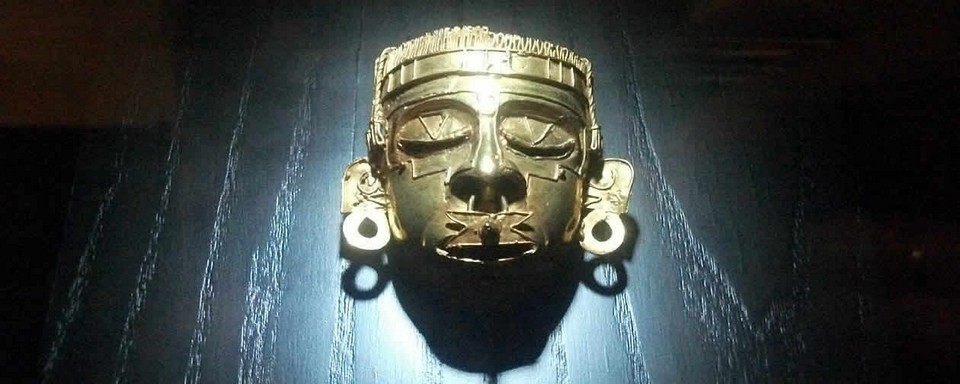
Use Flash
There’s been a contested debate about the effects of flash bulbs on paintings and artifacts for years now, but the general rule is that museum photography must be done without a flash. Although there’s no hard science to prove that repeated flashes make pigment fade any faster than indoor lighting does, most museum staff will object to the use of it, and other patrons will probably be irked by the distraction.
If photos are permitted, rejoice and snap away using only the existing lighting to aid you. Most museums allow photography only in their permanent collections, so be sure to ask what the rules are for the gallery you’re in if there aren’t any signs to clarify.


Lean On Anything
Sometimes travel makes you tired and you might find yourself taking up vertical real estate—leaning on a wall, a pillar, anything to get a moments rest. We’ve all been there. But in museums that might mean getting too close to the artifacts, and that can trigger overhead sensors that will beep or yell at you to back away. Aside from upsetting the staff and distracting others, this can be pretty embarrassing. Look for a designated bench if your feet need a rest, or head to the cafe for a reviving coffee.


Yell
Leave the antics to the visiting field-trip students—yelling or loudly laughing in a gallery can be a slippery slope, especially if you’re unknowingly in the middle of an emotional or melancholy display. Talking at a normal level is perfectly fine, even if the room is silent—but noisy laughter or shouting is generally a bad idea. At best you’ll seem out of touch; at worst you could upset those who are having a moment.
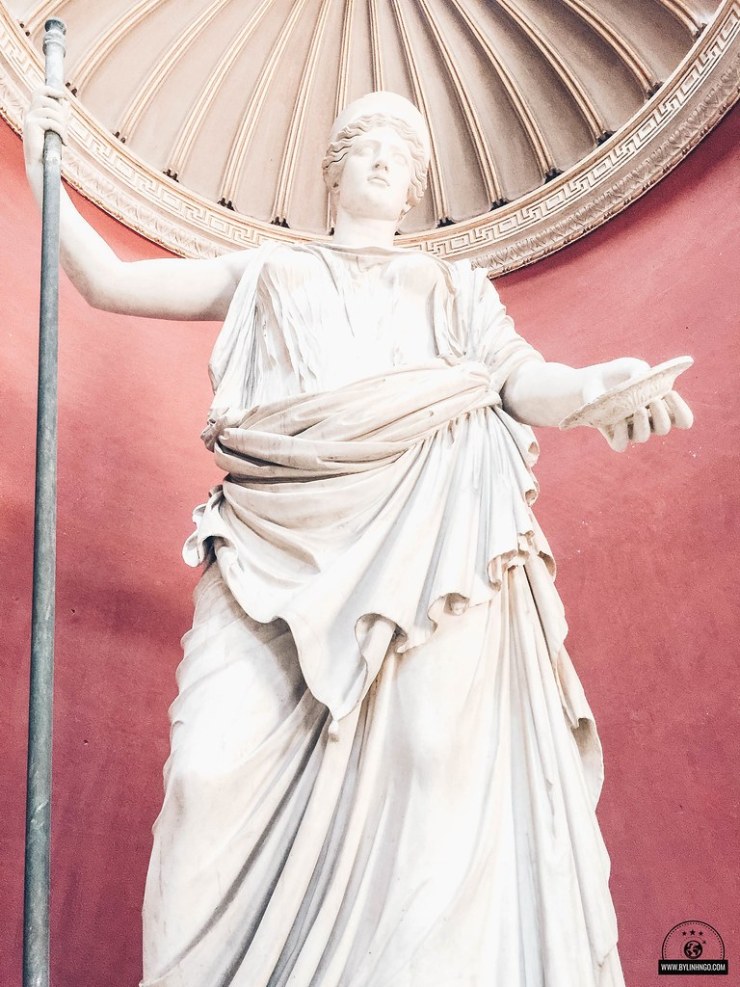
Eat or Drink
In an effort to protect the displays, some museums don’t even let patrons bring in a pen to write with. Yet many visitors assume it’s acceptable to eat and drink while browsing the galleries. It’s easy to think that the staff is being unreasonable, but remember how many people museums see per week, and imagine the damage of even one visitor tripping with a soda, stumbling with sticky candy, or damaging the art while trying to protect his or her snack.


Think it doesn’t happen? In a story that recently made headlines, a boy holding a drink at a museum in Taipei somehow managed to punch a hole through a $34,000 painting with his free hand when he lost his balance. He was lucky that the piece was insured by the museum, which relieved his family of financial responsibility for the damages.
If you’re hungry, eat before you arrive. Or take a break and visit the museum café or restaurant. Whatever you do, remember to stash your snacks and keep your hands free.
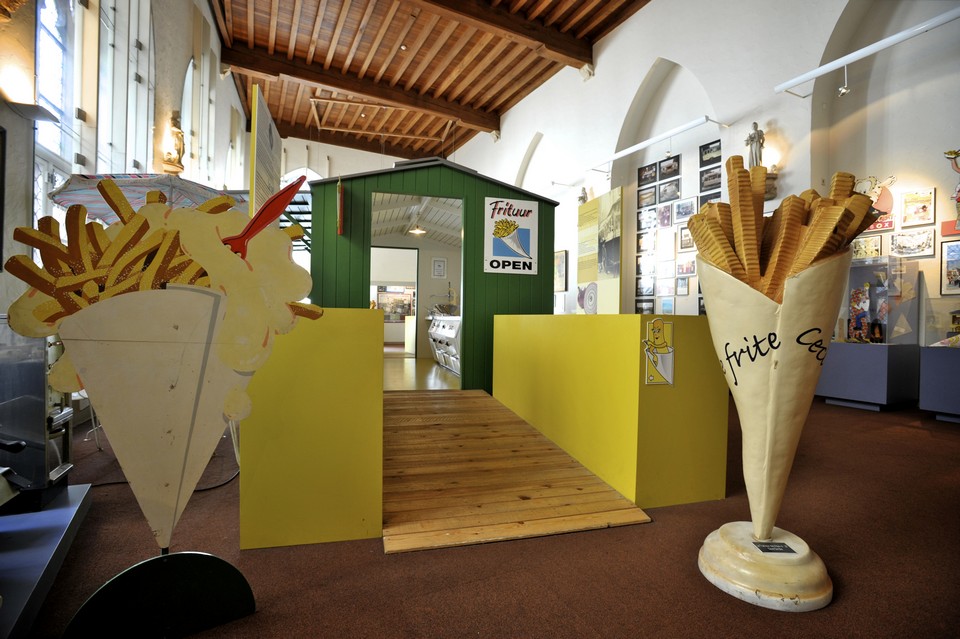
Rush
Time spent at a museum is worth little to nothing if you don’t spend it wisely. Slow down enough to read about and absorb the things you’re seeing—they’re usually there for a great reason.
Museums like the Louvre and the Smithsonian are so big it might seem like you need to hustle through to see everything, but visitors are better off spending more time viewing fewer exhibits. After all, you can always go back … as long as you follow the rules.




































![10 best airports in Asia in 2016 [RANKED] kuala-lumpur-international-airport-best airports in asia in 2016 by skytrax ratings](https://livingnomads.com/wp-content/uploads/2016/08/29/kuala-lumpur-international-airport-best-airports-in-asia-in-2016-by-skytrax-ratings-218x150.jpg)











